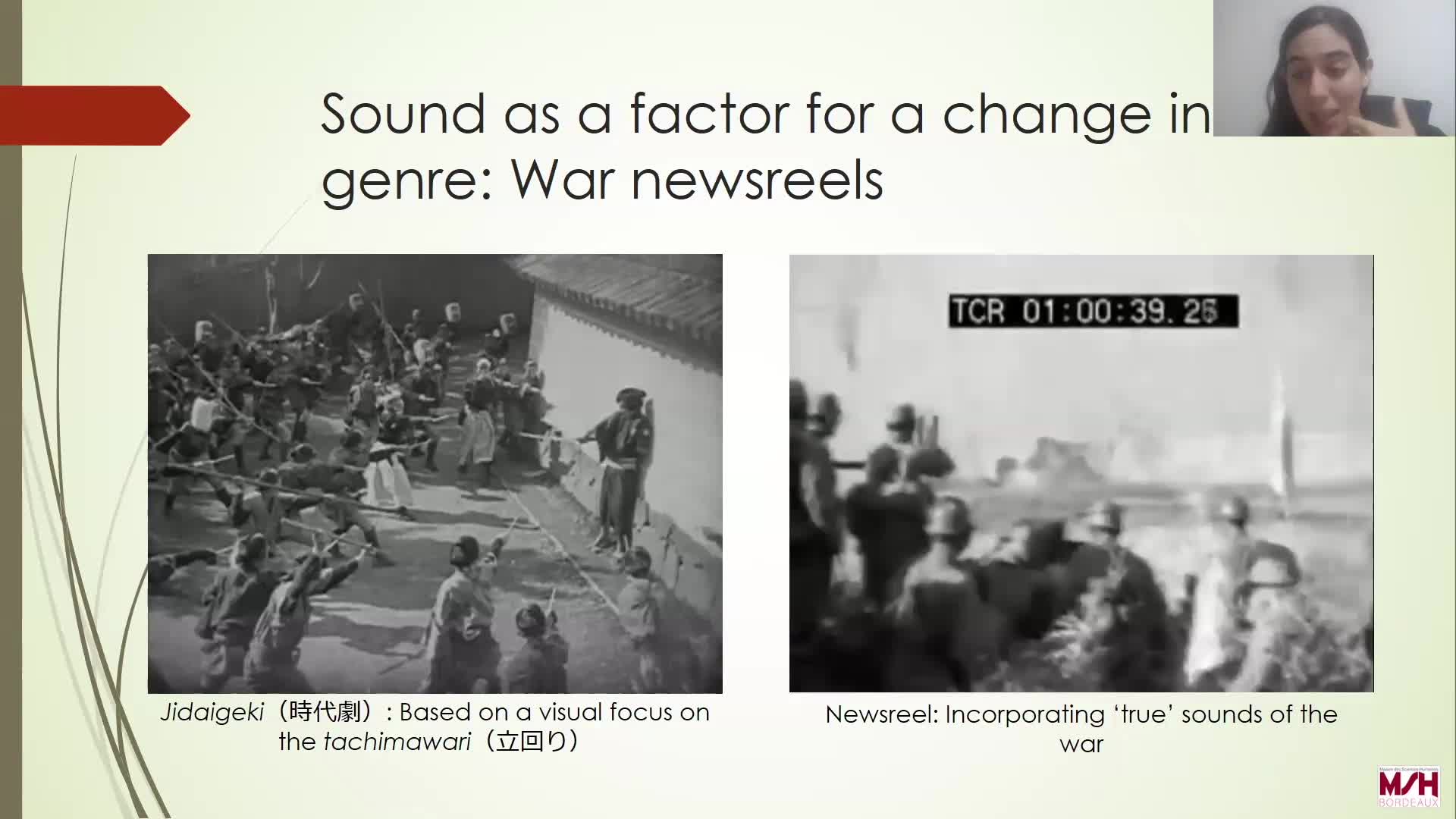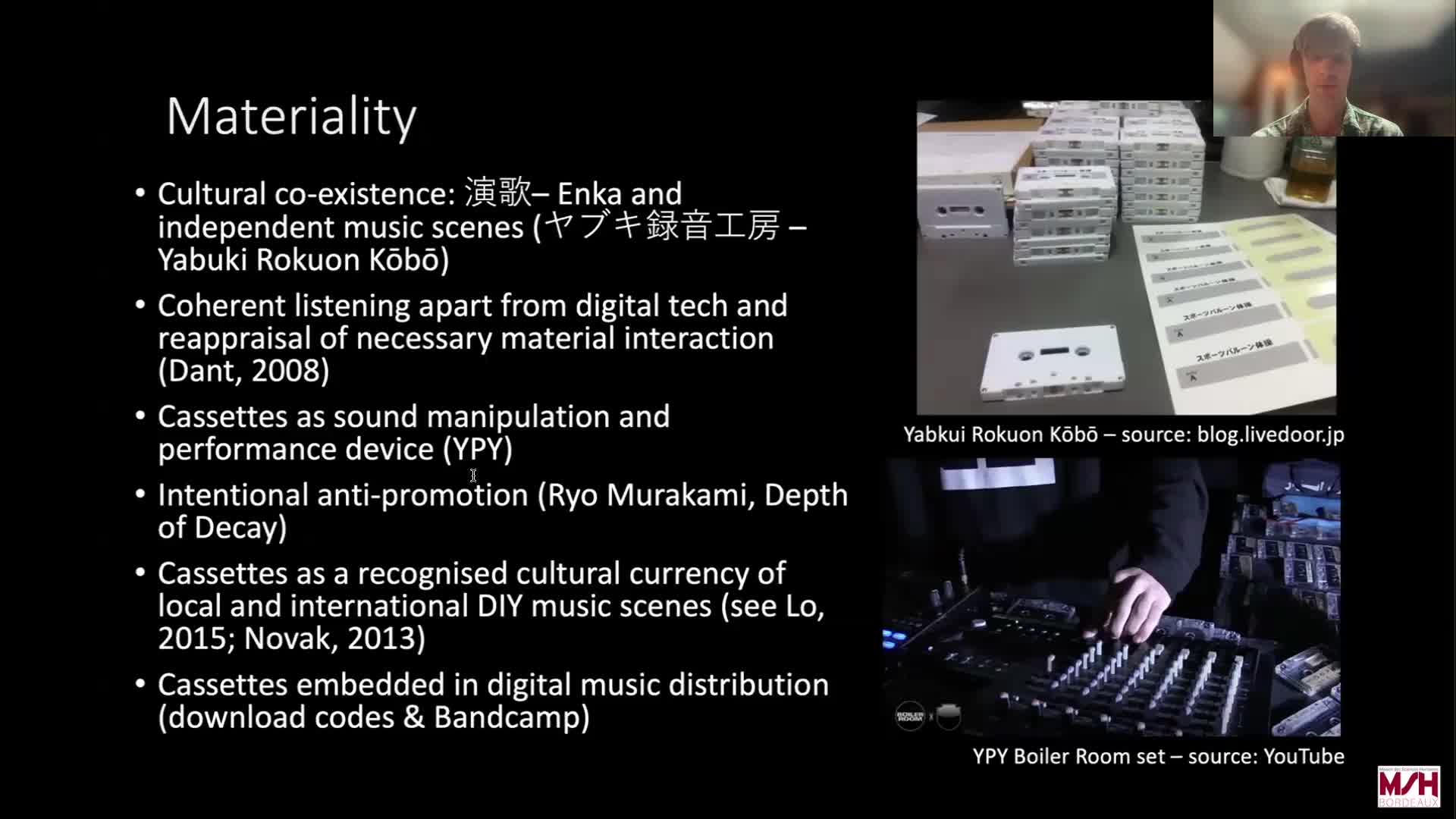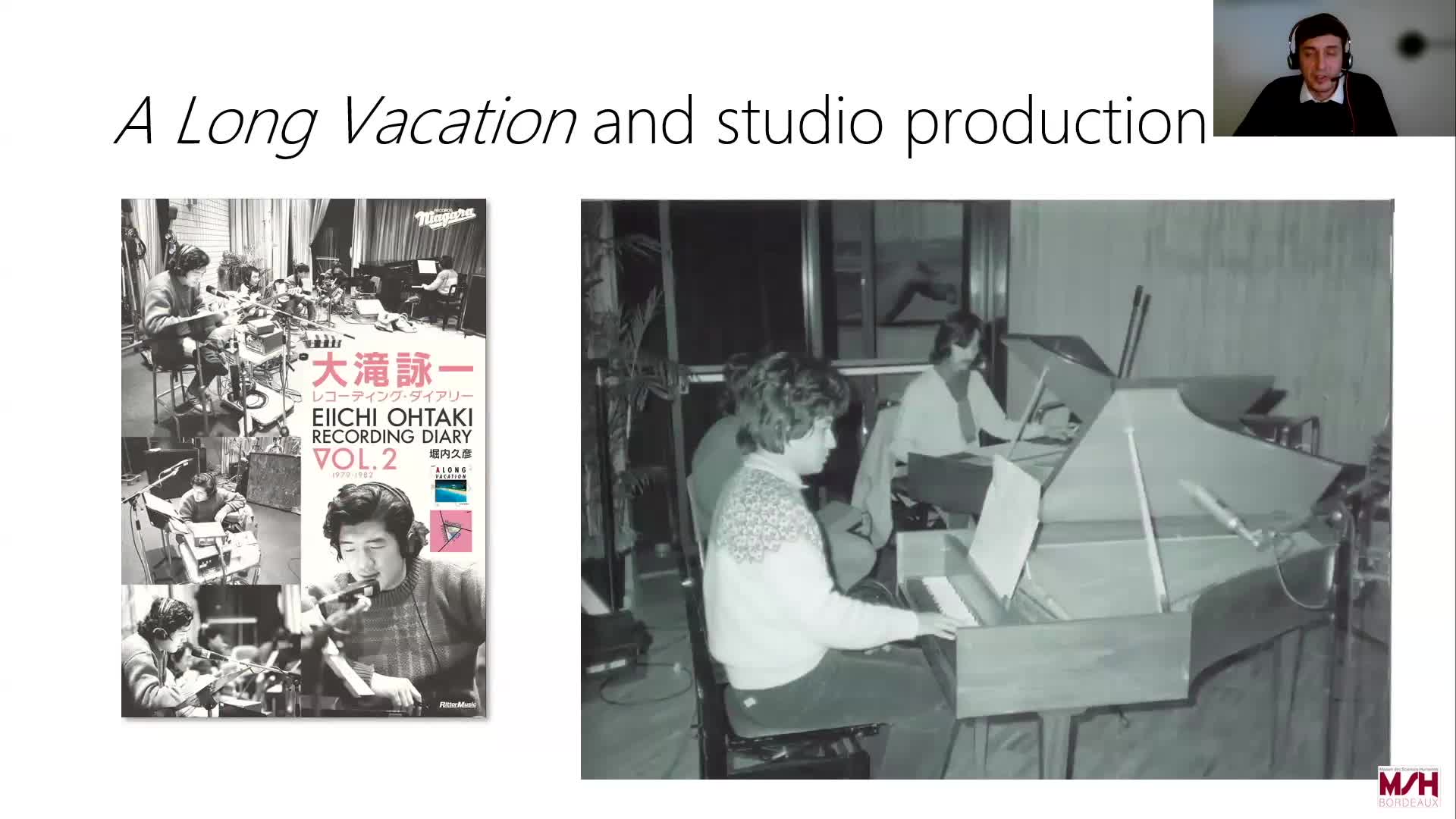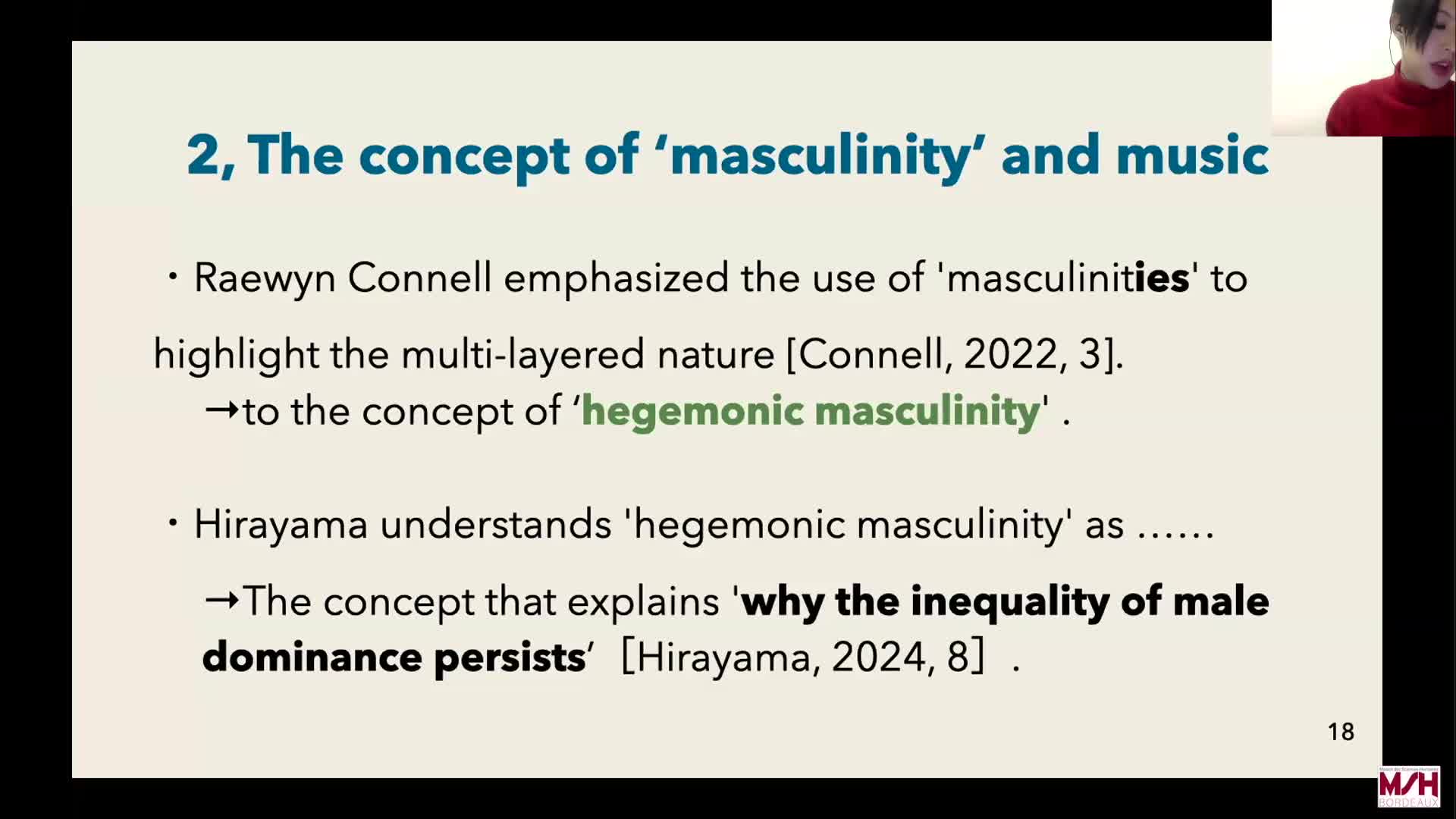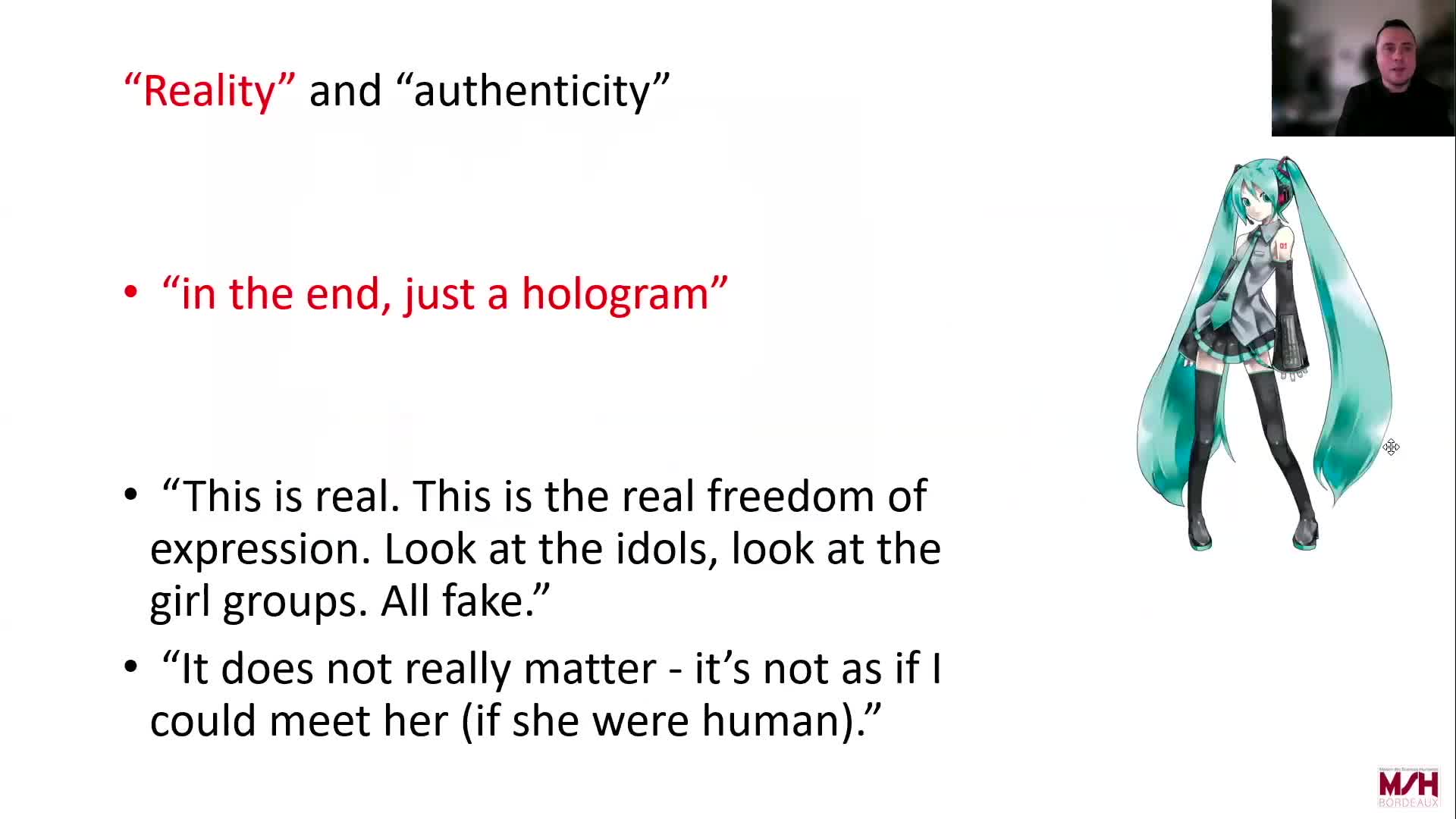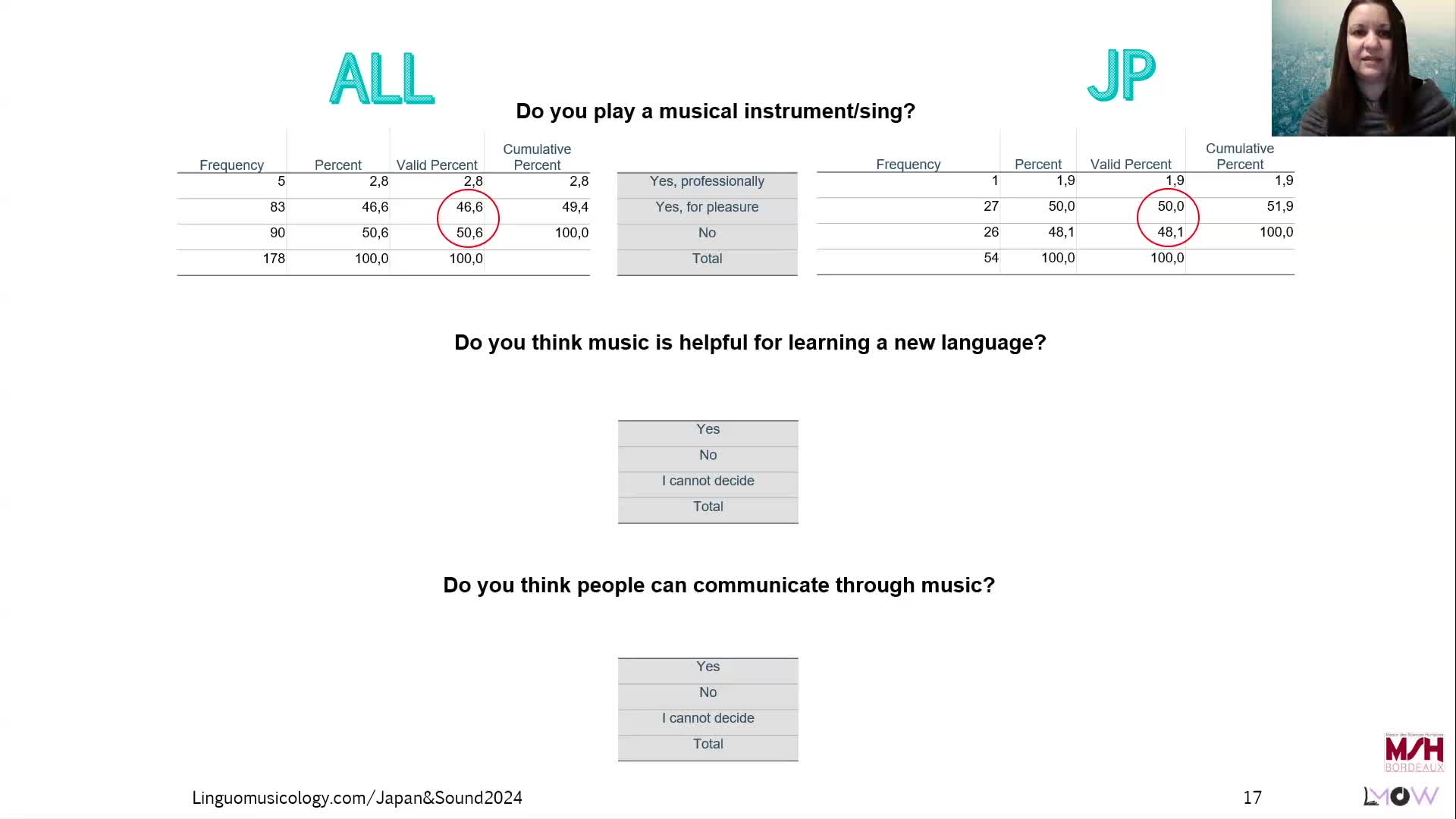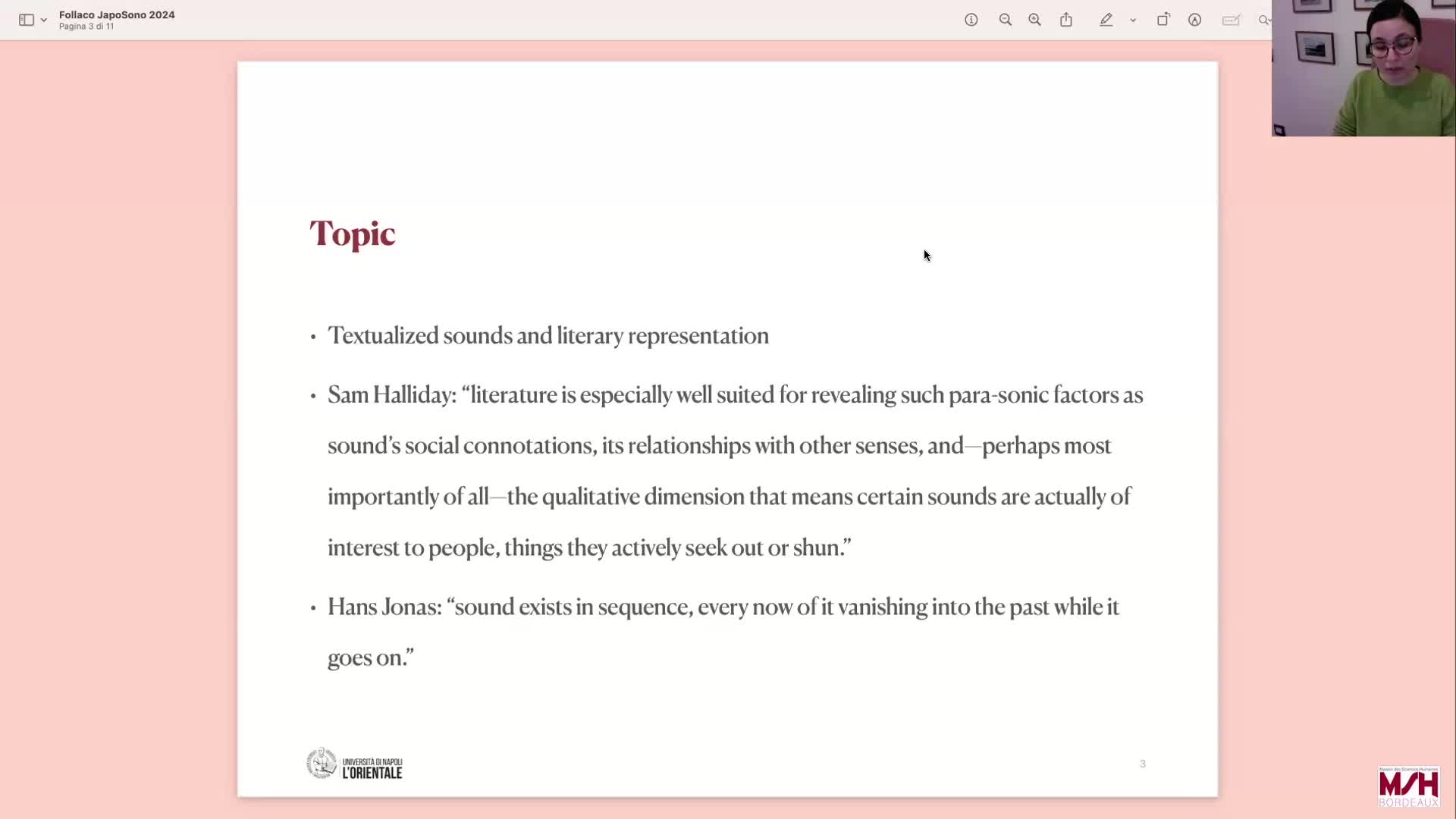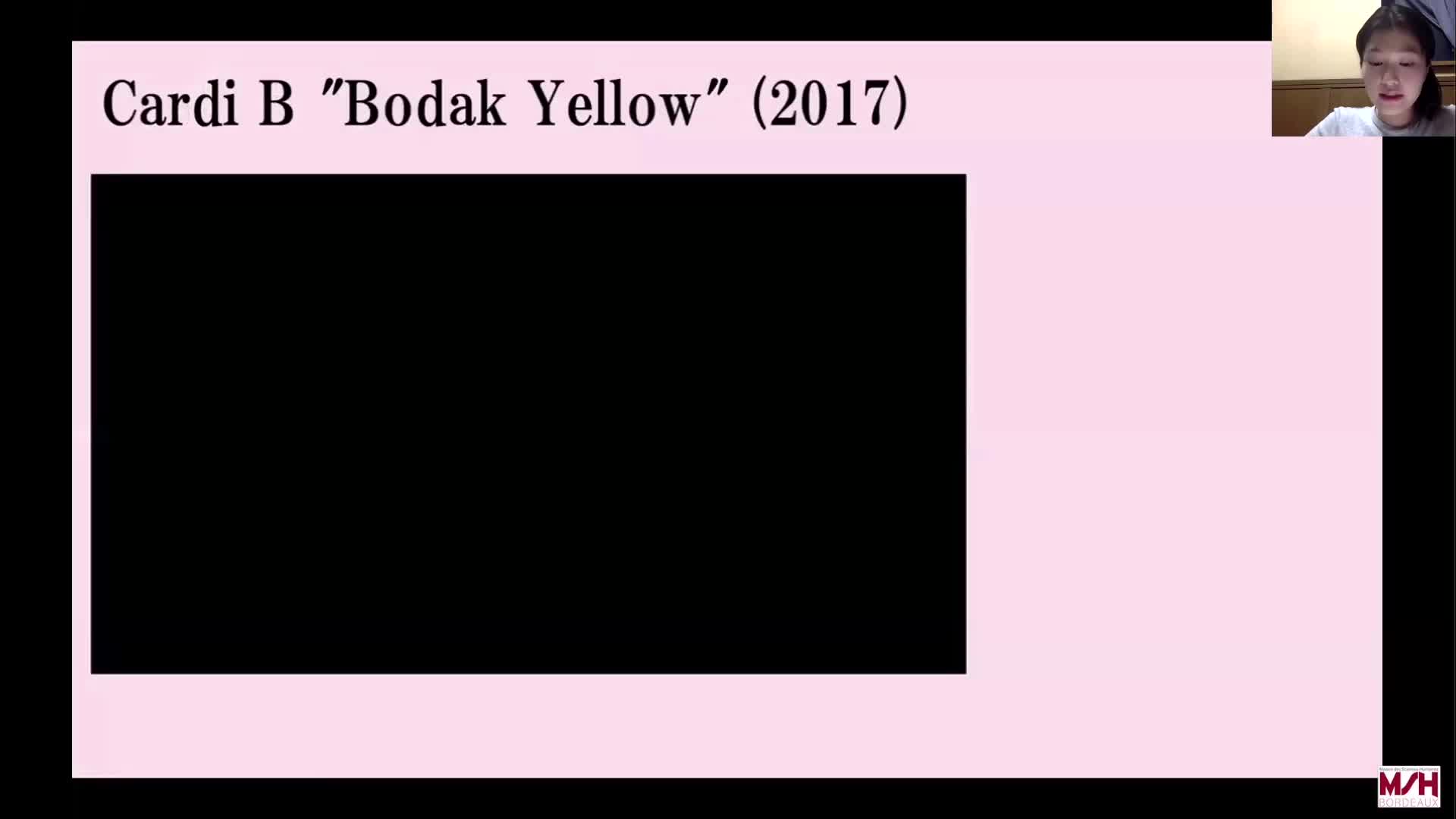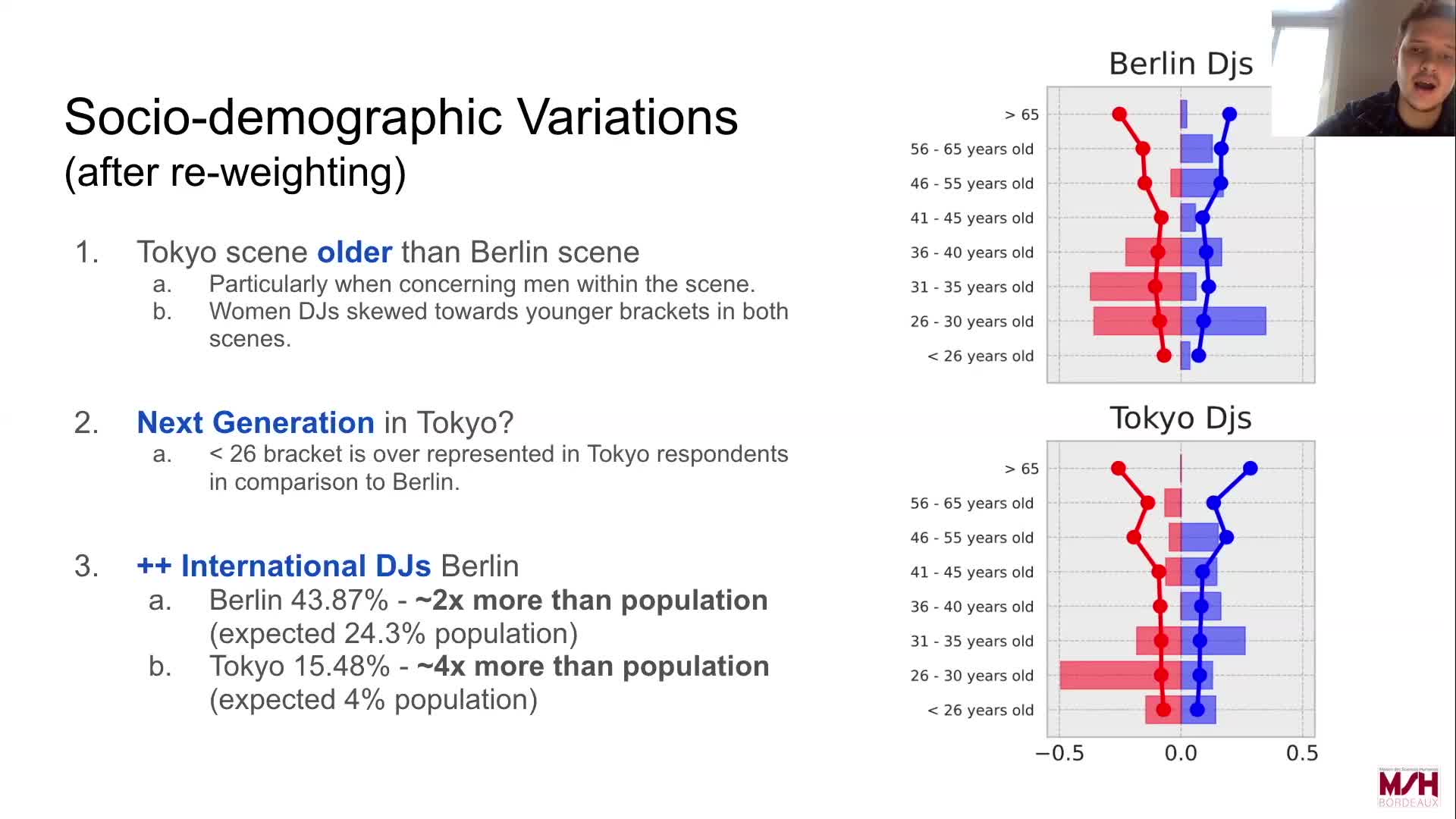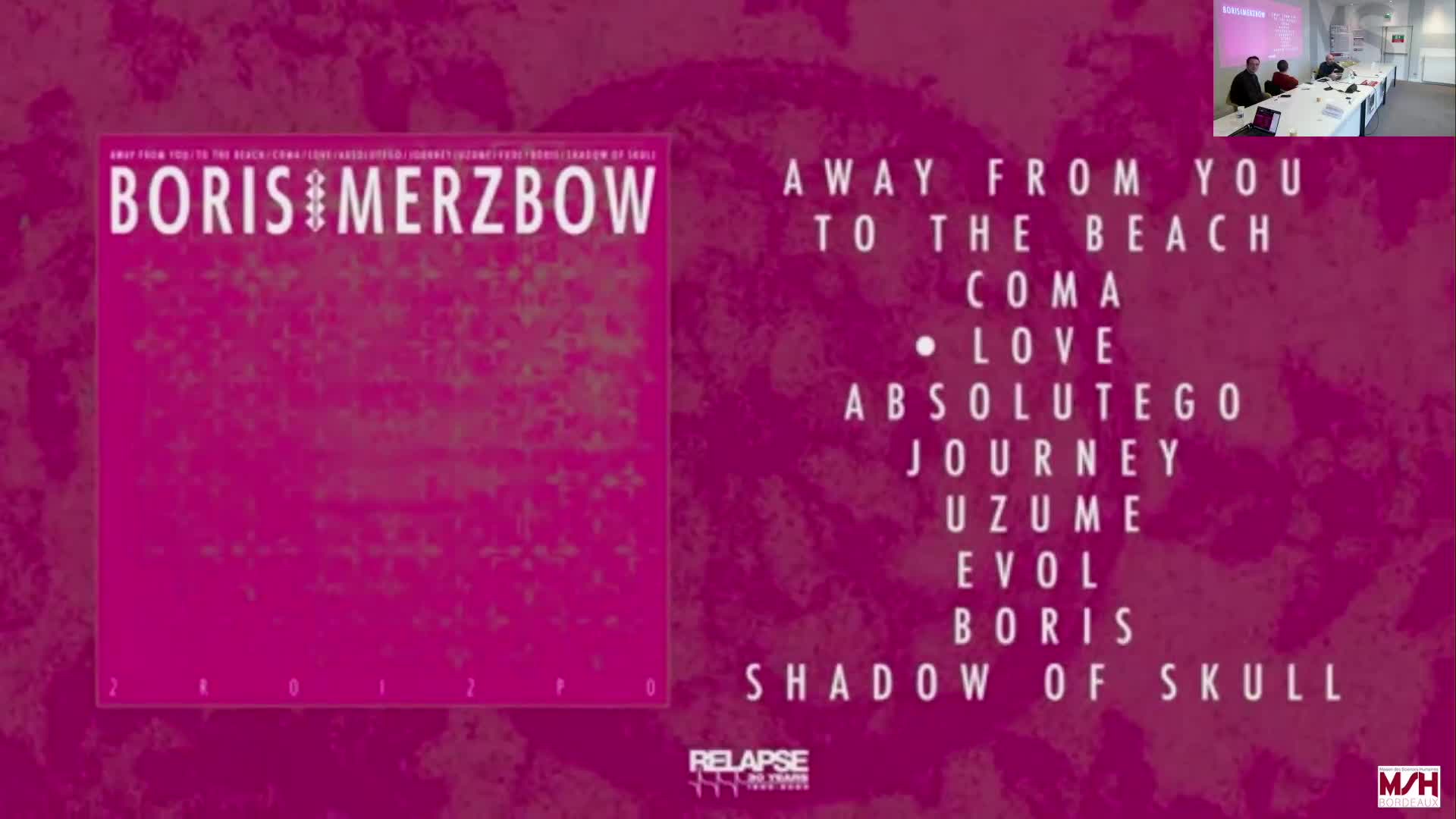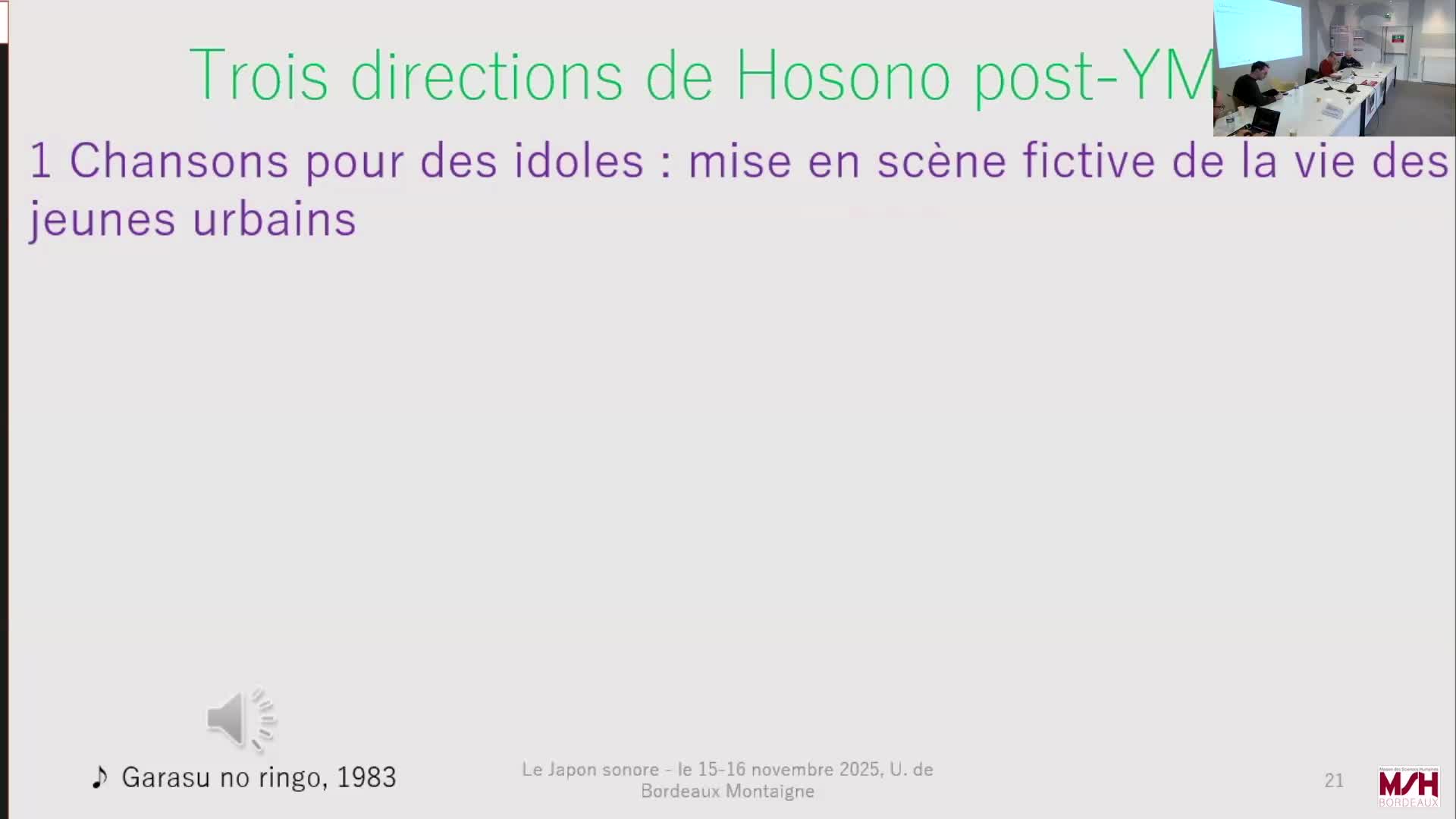Notice
The ear is a weapon: Soundscapes of racial violence in Tokyo, 1923
- document 1 document 2 document 3
- niveau 1 niveau 2 niveau 3
Descriptif
Alexander Murphy, "The ear is a weapon: Soundscapes of racial violence in Tokyo, 1923".
Panel 11 – Sound and representation of social space
In the wake of the Great Kantō Earthquake in 1923, a raft of virulent rumors spread throughout the Tokyo metropolitan area accusing ethnic Korean residents in the city of conspiring with political dissidents to sow violence amidst the chaos of the quake’s aftermath. These rumors, while groundless, prompted a loose coalition of police, reservist soldiers, and vigilantes to massacre thousands of Koreans alongside Chinese labor migrants and other suspected political agitators. In seeking to apprehend “Korean malcontents” (futei senjin), however, these groups faced the problem of being unable to generally distinguish between Korean and Japanese denizens through visual appearance. As a solution, bands of self-appointed inquisitors subjected passersby to ad-hoc pronunciation tests to identify, through accent and intonation, the colonial dissidents in their midst. In this paper, I address this brutal episode in Japan’s interwar history as a distinct instance of sonic terror, in which the weaponization of listening turned vocal sound into a site of encoding and enacting racialized violence against the colonized. At the same time, I argue that these voice tests served an instrumental (if disavowed) role in reasserting the sensuous boundaries of the imperial social order—as a primal scene in dividing the self-apparent national body from the voices that constituted its surplus.
Colloque "Le Japon sonore : modernité, constructions sociales, rapports de force / Japan and sound: modernity, social constructs and power relations" 14-16 novembre 2024, organisé par Jeremy Corral (UMRU 24140 D2IA, Université Bordeaux Montaigne) et par Chiharu Chûjô (EA 4186-IETT, Université Jean Moulin Lyon 3).
More informations: https://mshbordeaux.hypotheses.org/10930
Thème
Dans la même collection
-
Clôture du colloque / Closing comments
CorralJeremyChujoChiharuColloque "Le Japon sonore : modernité, constructions sociales, rapports de force / Japan and sound: modernity, social constructs and power relations"
-
Recorded sound and the development of ideological control: Changes in Japanese cinema since 1931
Colloque "Le Japon sonore : modernité, constructions sociales, rapports de force / Japan and sound: modernity, social constructs and power relations"
-
Tomorrow on cassette: Japan’s tape jams in the new media age
Colloque "Le Japon sonore : modernité, constructions sociales, rapports de force / Japan and sound: modernity, social constructs and power relations"
-
Re-sounding Shōwa: Ōtaki Eiichi’s A Long Vacation and nostalgia for 1980s Japan
Colloque "Le Japon sonore : modernité, constructions sociales, rapports de force / Japan and sound: modernity, social constructs and power relations"
-
Masculinities and femininities of Japanese singer-songwriters
Colloque "Le Japon sonore : modernité, constructions sociales, rapports de force / Japan and sound: modernity, social constructs and power relations"
-
Multivocality and the vocaloid fan canon
Colloque "Le Japon sonore : modernité, constructions sociales, rapports de force / Japan and sound: modernity, social constructs and power relations"
-
The music of words of Japan: The relationship between human language and music
Colloque "Le Japon sonore : modernité, constructions sociales, rapports de force / Japan and sound: modernity, social constructs and power relations"
-
"Did anyone hear what I said?": Acting through sound in Higuchi Ichiyō’s writing
Colloque "Le Japon sonore : modernité, constructions sociales, rapports de force / Japan and sound: modernity, social constructs and power relations"
-
Gyaru and hip-hop: Shaping a sound-based identity
Colloque "Le Japon sonore : modernité, constructions sociales, rapports de force / Japan and sound: modernity, social constructs and power relations"
-
La musique électronique à Tokyo : une scène (définitivement) analogique ?
PoirouxJérémieColloque "Le Japon sonore : modernité, constructions sociales, rapports de force / Japan and sound: modernity, social constructs and power relations"
-
Save the noise: Supportive acts and works in Japanese noise music in the COVID-19 pandemic
Colloque "Le Japon sonore : modernité, constructions sociales, rapports de force / Japan and sound: modernity, social constructs and power relations"
-
Le tournant de Hosono Haruomi vers la musique ambient dans les années 1980-1990 : concept de « kank…
Colloque "Le Japon sonore : modernité, constructions sociales, rapports de force / Japan and sound: modernity, social constructs and power relations"



